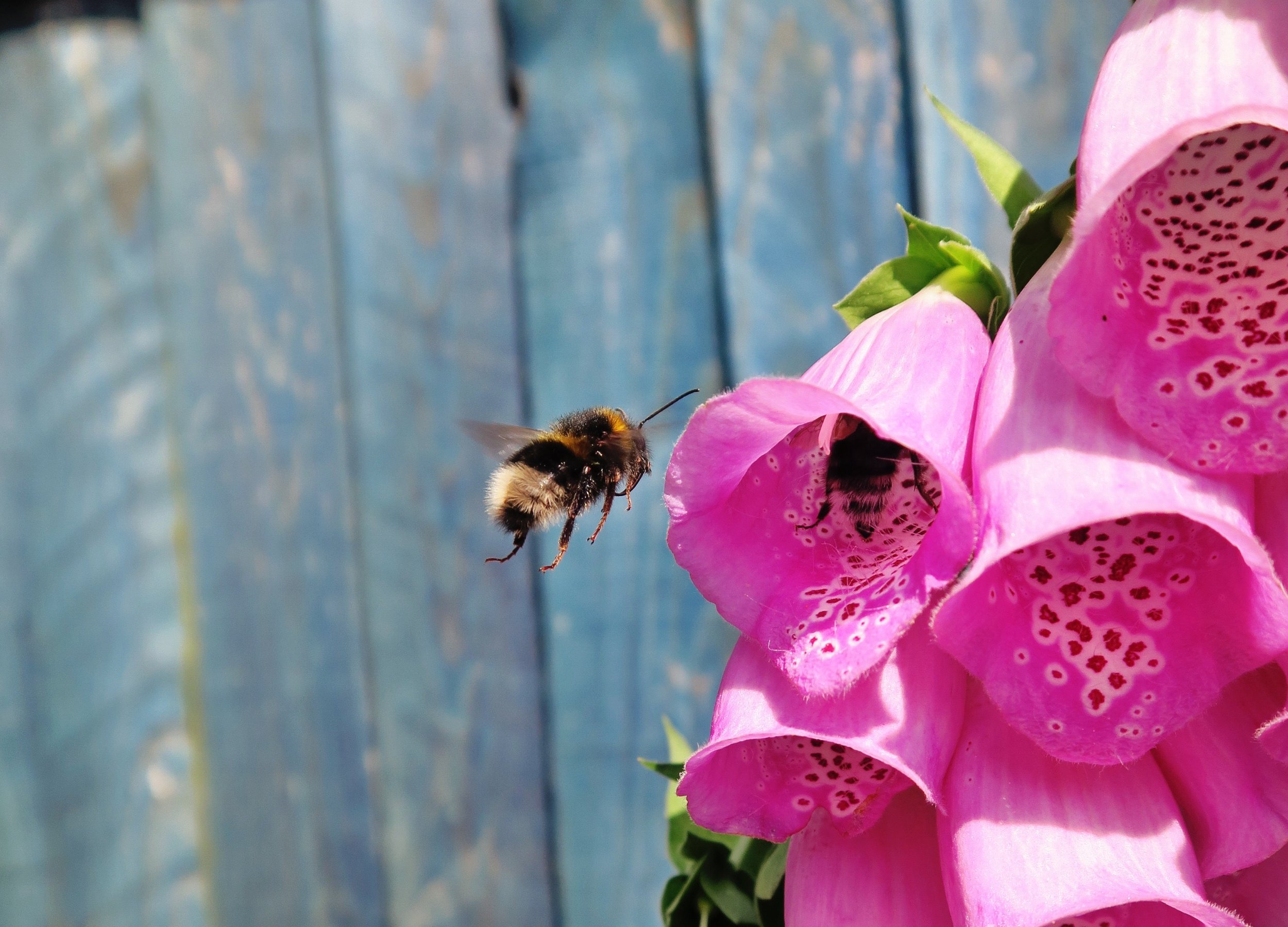Ask Not What Bees Can Do For You, But What You Can Do For Bees
If pollinators leave the planet, humans will soon follow
Ask not just what your bees do for you…but what you can do for bees.
There’s a lot of talk about pollinators nowadays, so what do bees do for us?
Bees and other insects are attracted to flowers, they eat nectar and collect pollen on their bodies, then drop the pollen on another flower and fertilisation occurs… this is the classic sexual reproduction story – not quite “the birds and the bees” but “the bees and the flowers”. Without pollinators and their habits, evolved over millennia, much of plant life as we know it would simply end with that unvisited flower, never to make a seed.
In this country the pollinators are also butterflies, moths, wasps, hoverflies… the list is long. The bees are most important, they are the most diligent and hardworking, and the solitary bees are the best at the job, mostly because they are the messiest! They don’t bother with the little ‘baskets’ on their legs, they just get covered in pollen and scatter it far and wide as they fly off. There are 250 species of solitary bee versus the single honeybee species which we all know so well, simply because humans have a sweet tooth.
From the human perspective, without pollinators loads of our crops would fail, in fact one third of all our food and all the cotton we wear relies on those unpaid insect workers. The reality of failed crops is big money lost – which seems to be the only language we understand these days, hence why we are hearing the word ‘pollinator’ so much.
Humans with their clever brains and dextrous fingers have worked out how to grow food in vast abundance. We’ve made amazing machines to open up the land, invented chemical compounds to kill insects, more chemicals to kill unwanted plants and further chemicals to make the ones we like grow much bigger and faster! I think you can guess where the humble bee fits into this picture… Bees are keystone species in big trouble, take the keystone out, and the whole lot tumbles down.
Perhaps policy makers will step in, I hope so, since a sea change in agriculture is desperately needed. But in the meantime:
Ask not what your bees do for you, ask what you can do for your bees!
Grow flowers – avoiding overbred varieties (doubles) that bees cannot enter. This directly helps pollinators, particularly bees
Grow natives –The larval stages of many insects often need specific native plants to eat. Would you leave the kids hungry at your picnic?
Allow homes - make a bee hotel, or simply leave some areas of your garden wild and untidy.
For more info: https://www.wildlifetrusts.org/savingbees
To get involved directly, join us at The Nectar Garden on Brewery Field Fridays: https://friendsofduxfordgreenspaces.org/
Or volunteer at the organic food growing programme at CoFarm Cambridge where food and flowers are grown alongside each other for people, for pollinators and for wellbeing: https://www.cofarm.co/cambridge

